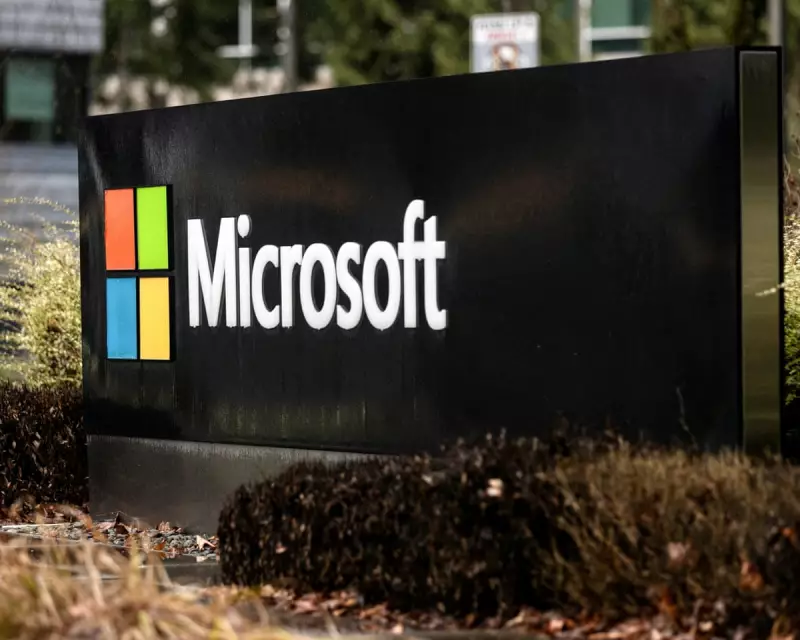
Hundreds of Microsoft employees across the United States and the United Kingdom have taken unprecedented action, staging walkouts and virtual protests against the tech giant's controversial $1.2 billion contract with the Israeli government.
The demonstrations, which unfolded at Microsoft's flagship offices in Washington and other key locations, represent a significant internal rebellion. Employees are demanding the immediate termination of the 'Azure Gospel' project, a comprehensive cloud and AI infrastructure deal they fear will empower military operations.
The Core of the Controversy: Project 'Azure Gospel'
At the heart of the dispute is the massive cloud computing agreement, signed earlier this year. Internal documents and employee testimonials suggest the project's scope extends far beyond civilian applications, directly supporting government ministries and, allegedly, military capabilities.
Protesters hold signs with slogans like 'No Microsoft Tech for Apartheid' and 'Drop Azure Gospel Now', arguing that the company's technology could facilitate human rights violations. This internal dissent mirrors a growing trend within the tech industry, where workers are increasingly vocal about the ethical implications of their employers' government contracts.
A Company Under Fire: Microsoft's Defence and the Fallout
In response to the mounting pressure, a Microsoft spokesperson stated the company is 'committed to responsible AI' and maintains a 'rigorous human rights review process'. They emphasised that their technologies are intended to 'improve security and productivity for nations around the world'.
However, this assurance has failed to placate the coalition of workers. The protest movement, organised through internal channels and supported by groups like No Tech for Apartheid, highlights a deep-seated concern that corporate policy is outpacing ethical safeguards.
The walkout poses a serious challenge to Microsoft's public image as a responsible tech leader, potentially impacting future recruitment and investor confidence in an era where corporate ethics are heavily scrutinised.




